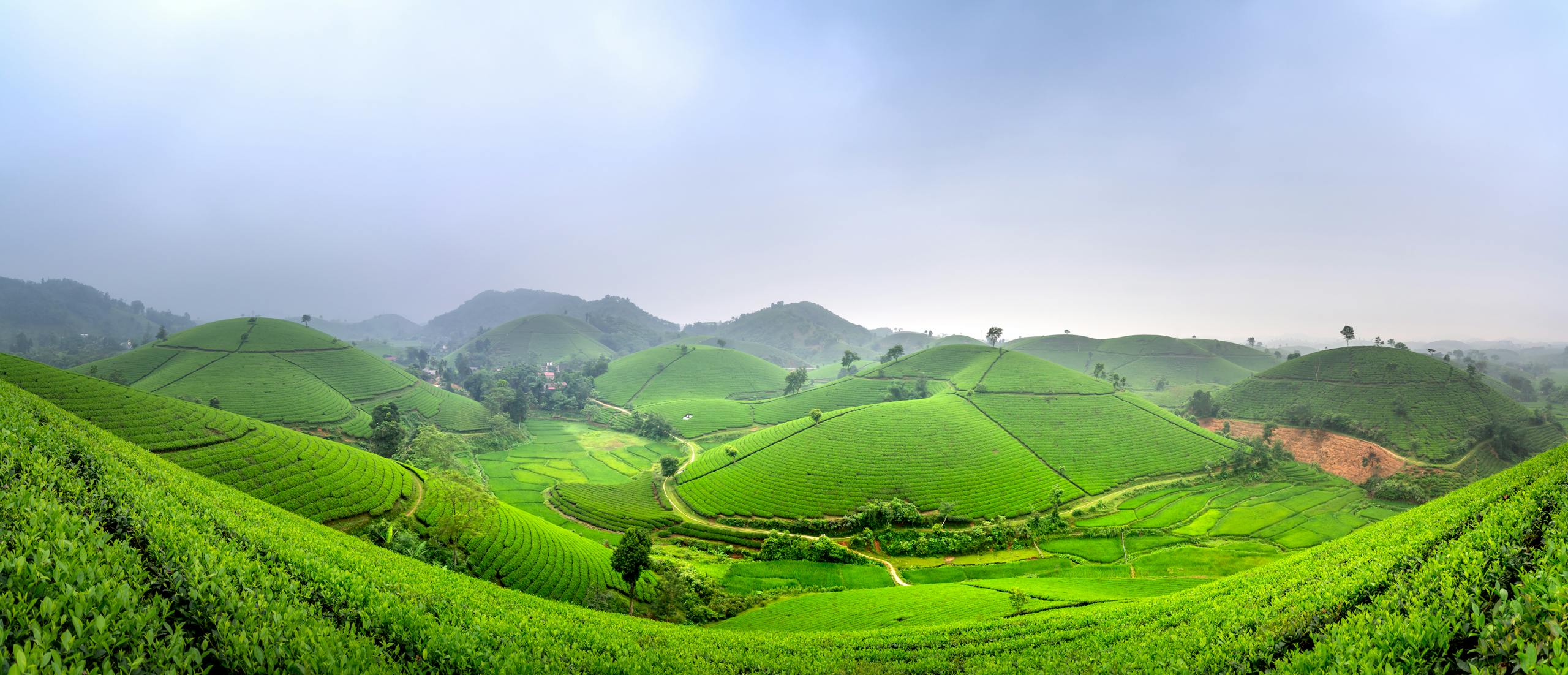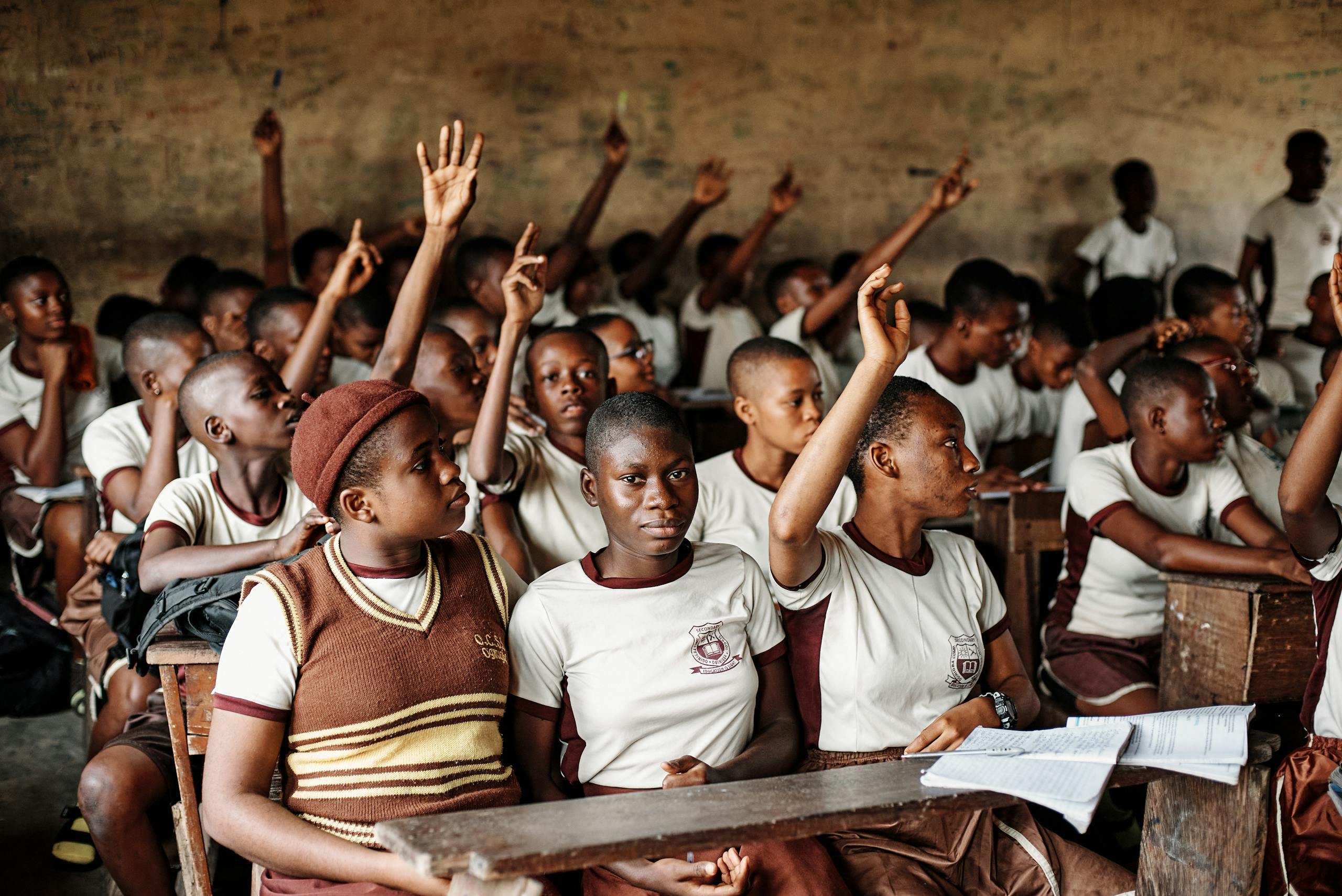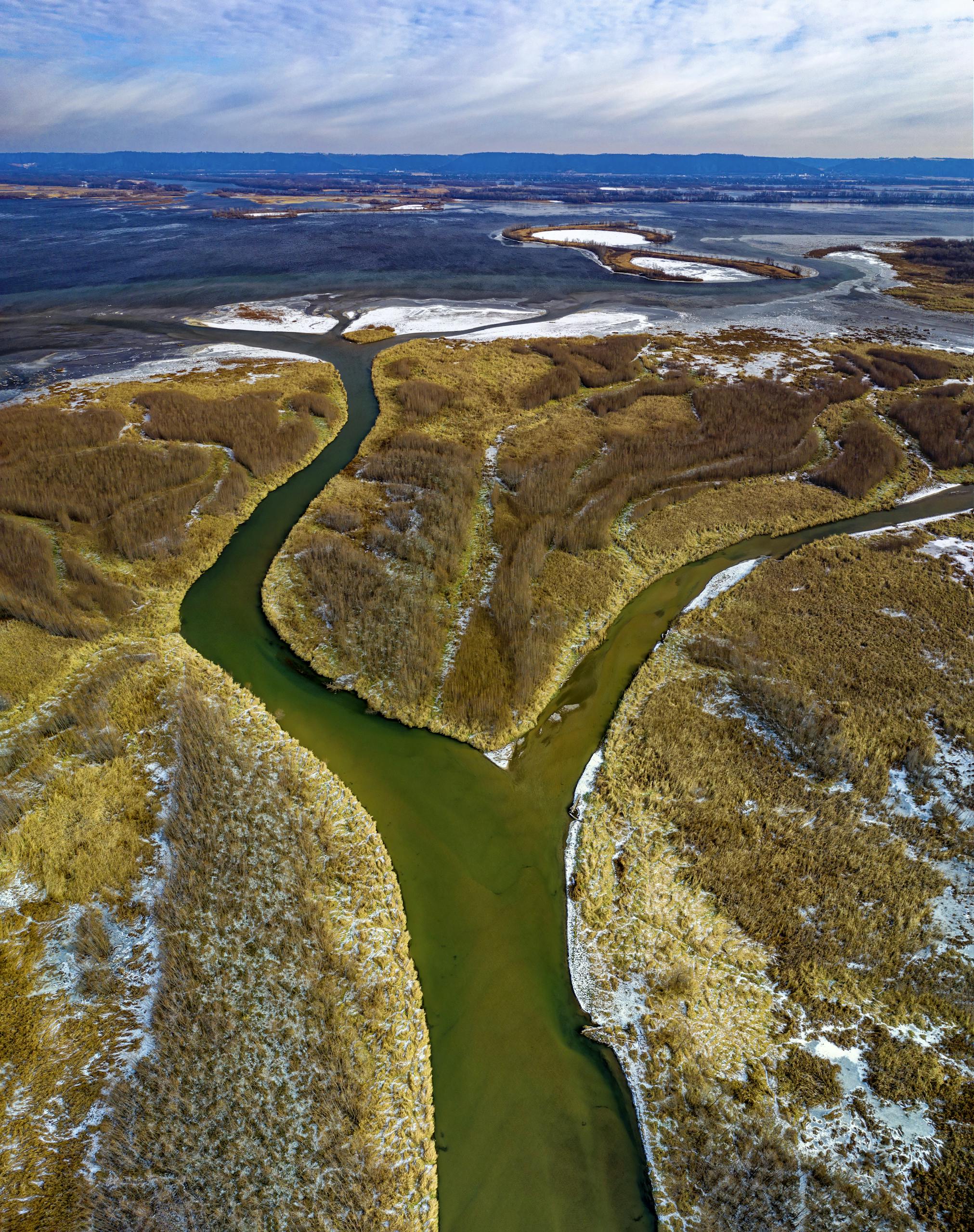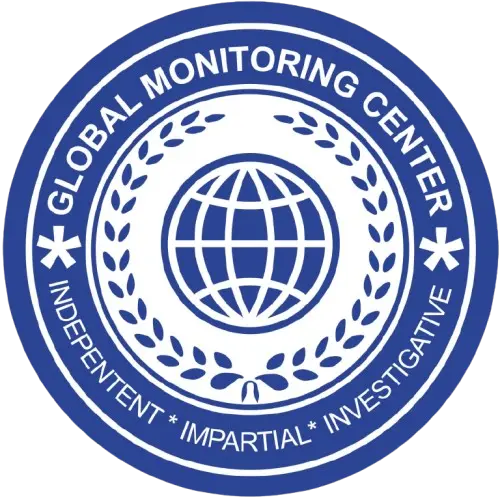Shaping Resilient Futures in Nigeria
As Africa’s most populous nation, Nigeria stands at the forefront of economic, cultural, and environmental shifts on the continent. Despite its rich natural resources and cultural diversity, the country faces pressing challenges, including environmental degradation, socio-economic inequality, and limited access to essential services in many areas. GMC is committed to fostering a balance between development and conservation in Nigeria, ensuring that its vast potential benefits all its people.

Key Focus Areas in Nigeria
Environmental Conservation and Climate Adaptation
Nigeria’s ecosystems, from the Sahel to the Niger Delta, are under threat due to deforestation, desertification, and oil pollution. GMC works to combat these challenges through ecosystem restoration, reforestation, and sustainable agriculture initiatives tailored to Nigeria’s unique needs.
Over 5 million trees planted in desertification-prone regions and 50,000 hectares restored in the Niger Delta.
Community Development and Education
Millions of Nigerians, particularly in rural areas, lack access to quality education, clean water, and basic healthcare. GMC’s community-based programs focus on enhancing education, improving infrastructure, and promoting health and well-being.
Provided 100,000 children with access to quality education and established over 200 clean water projects across rural communities.
Women’s Empowerment and Gender Equality
Empowering women is central to sustainable development in Nigeria. GMC supports women through skill development, microfinance, and advocacy programs aimed at closing the gender gap in various sectors.
Trained and empowered 10,000 women entrepreneurs, leading to significant improvements in household income and community development.
Highlighted Projects in Nigeria

Green Sahel Initiative
Aimed at halting desertification in northern Nigeria, this project focuses on large-scale tree planting, soil restoration, and promoting sustainable farming practices.
“Planted 2 million trees and trained 50,000 farmers in sustainable agriculture across the Sahel region.”

Educate Nigeria
This initiative bridges educational gaps in underserved regions, providing schools with resources, training teachers, and supporting girls’ education through scholarships.
“Increased enrollment by 30% in 50 targeted schools, with a special focus on girls’ education.”

Delta Revival Program
Focused on cleaning up oil-polluted sites in the Niger Delta and supporting affected communities through alternative livelihoods like aquaculture and crafts.
“Restored over 5,000 hectares of mangroves and created 1,500 new jobs in eco-friendly industries.”
COLLABORATION
Collaborations and Partnerships in Nigeria
To ensure the success and sustainability of our programs, GMC partners with governmental agencies, local organizations, and international bodies. Collaborative efforts amplify our impact and enable us to address Nigeria’s challenges holistically.
Environmental Tourism
Rights Protections
Food Security
Spotlight Stories: Success in Action
Reviving Hope in the Niger Delta
Through the Delta Revival Program, GMC partnered with local fisherfolk to restore aquatic ecosystems damaged by oil pollution. Today, families in the region report a 60% increase in their catch and income.
Empowering Young Leaders
GMC’s youth mentorship programs have inspired young Nigerians to lead climate action initiatives. For instance, Amina, a program graduate, founded a community-led waste recycling project that now employs 50 people.
Transforming Arid Lands into Green Zones
In northern Nigeria, where desert encroachment threatened livelihoods, GMC introduced drought-resistant crops and community-led irrigation systems, reviving over 30,000 hectares of farmland.
Your Role in Shaping Nigeria’s Future
From volunteering in educational initiatives to supporting biodiversity conservation, your contribution can create lasting change in Nigeria. Join hands with GMC to help communities and ecosystems thrive together.
